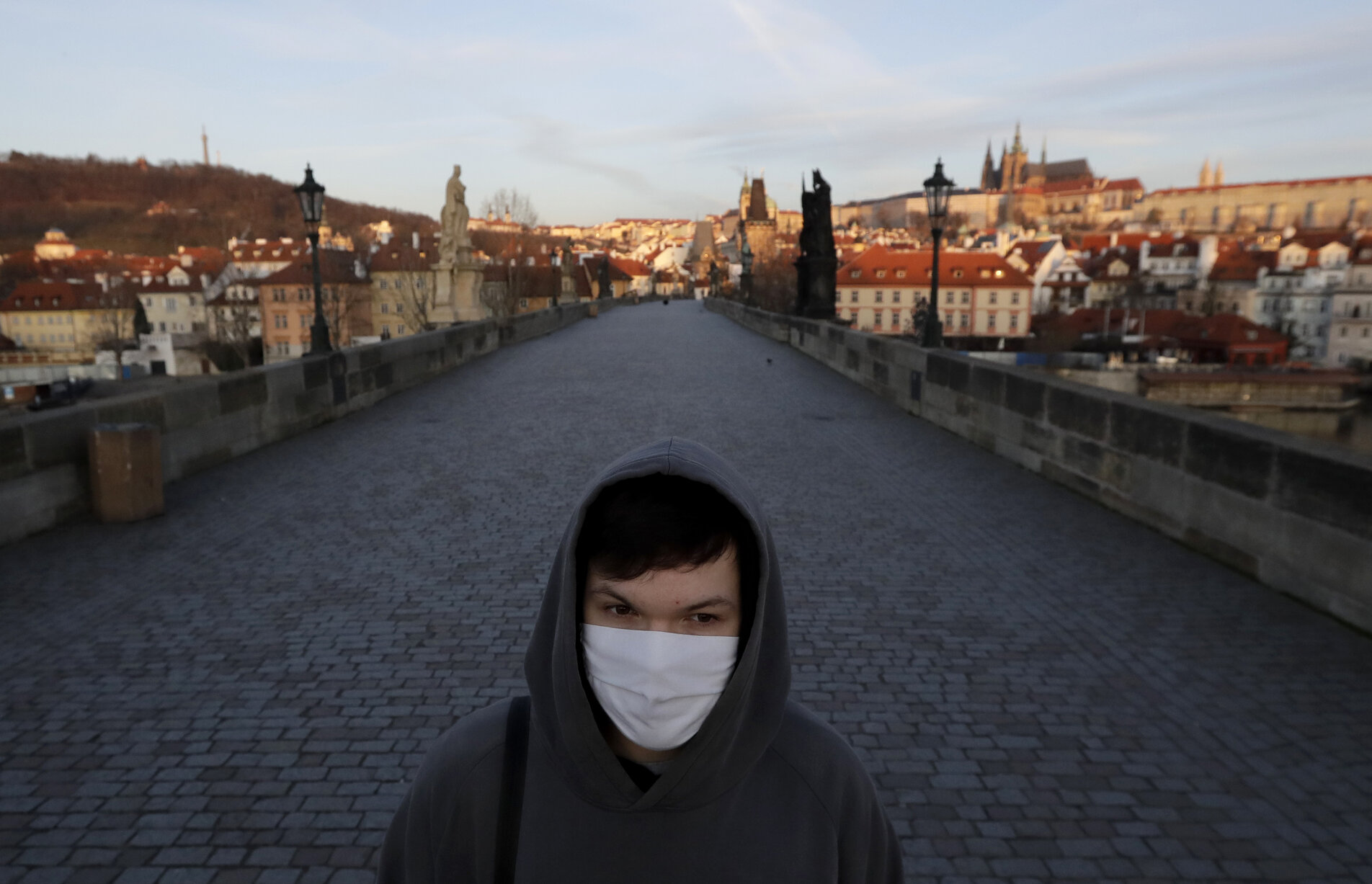Why, when coronavirus restrictions are being lifted all across Europe, is the new government of Petr Fiala investing so much political energy in the swift enforcement of a new pandemic law, which leaves room for stricter restrictions and further suppression of civil liberties at the sole behest of government?
Many supporters of the Together coalition have questioned the leaders they voted for just four months ago about it. The voters who backed the coalition were waiting for change, confirmation that there would soon no longer be any restrictions, and that the government would entrust the people to have confidence that they would behave sensibly.
So why does the government find this so hard to implement? Prime Minister Petr Fiala and Minister of Health Vlastimil Válek claim that they want to have the harshly restrictive pandemic law in case the situation worsens. Unlike the British, Spaniards, Dutch, Swiss, and Danes, they probably do not believe that the pandemic is coming to an end.
At the same time that the pandemic law is being blocked by the Freedom and Direct Democracy in the Chamber of Deputies — which shows many opponents of restrictions that only their party is defending their interests — Denmark announces that it is completely ending all restrictions. Mandatory wearing of surgical drapes (face masks have never been there), Covid-19 passports, quarantine, and isolation is being abolished. The only thing left for two weeks is the mandatory testing on its way to Denmark.
The Danes are currently the most infected per capita in Europe, twice as much as Czechia. At the same time, they are one of the most vaccinated countries on the continent. This just shows that being the most vaccinated and most infected country are not mutually exclusive. In recent days, they have had even more victims who died with Covid-19 than the Czechs. This is where the new omicron sub-variant spreads, apparently even more contagious.
So why are the Danes opening, but at the same time the Czech government is pushing hard for a new restrictive law and postponing the end of measures until March 1 at the earliest, a month after the Danes?
The difference is neither in the epidemiological situation, nor in vaccinations, nor in the condition of the hospitals. The difference is in two basic features: courage and trust. The government believes that people will behave according to how specifically the virus threatens them.
“We are in the middle of a relatively intense epidemic, although it does not have much of an effect on hospitalizations,” explained political scientist, Michael Bang Petersen.
“I think the individual groups will behave very differently. Over the next month, we will see that many people will reduce their social activities. Last but not least, those who are older and at risk,” he added.
The Danes simply have the courage to leave it up to the people. It has manifested itself in many other things for many years. It is a country where, thanks to the Flexicurity system, a company can give an employee an hour’s notice without giving a reason. The fired person will receive support at the level of his original salary for a short time, but at the same time, he must prove that he is really actively looking for a new job.
None of the right-wing Czech governments have ever dared to do that. The new ministers, led by Petr Fiala, do not plan to do so either unfortunately. Precisely because of this lack of courage and confidence, the Czechs will live in restrictions longer than the Danes.





